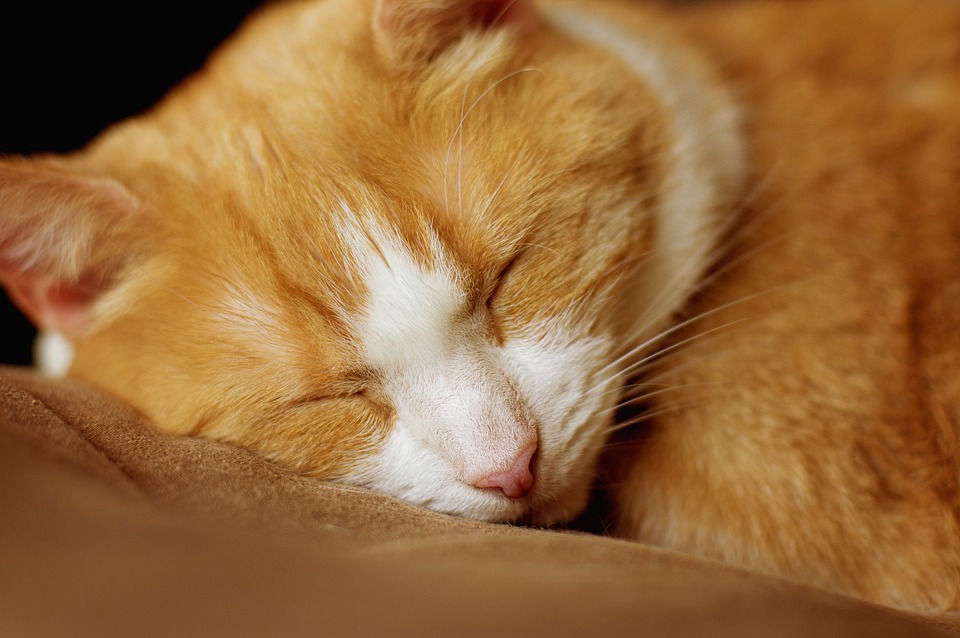Conjunctivitis, or pink eye, is a common condition among cats that can cause discomfort and irritation. While it often clears up on its own, some feline friends may develop chronic conjunctivitis, requiring special care and attention. In this article, we will delve into the causes, symptoms, and treatment options for chronic conjunctivitis in cats, as well as provide useful tips and advice for cat owners. Read on to help your furry companion find relief and improve their overall eye health.
Understanding Chronic Conjunctivitis in Cats
Chronic conjunctivitis in cats refers to a long-lasting inflammation of the conjunctiva, the thin membrane that lines the inner surface of the eyelids and covers the front portion of the eye. Unlike acute conjunctivitis, which typically resolves within a few days, chronic conjunctivitis can persist for weeks or even months.
Causes of Chronic Conjunctivitis in Cats
Chronic conjunctivitis in cats can be caused by various factors, including:
1. Bacterial and viral infections: Feline herpesvirus and Chlamydophila felis are common culprits behind chronic conjunctivitis.
2. Allergies: Cats can develop allergies to certain substances, such as pollen, dust mites, or certain foods, which can trigger chronic conjunctivitis.
3. Injuries or irritants: Foreign objects, scratches, or exposure to irritating substances like smoke or chemicals can lead to chronic conjunctivitis.
4. Anatomical abnormalities: Some cats may have eyelid defects or blocked tear ducts, predisposing them to chronic conjunctivitis.
5. Underlying health conditions: Chronic conjunctivitis can be associated with systemic diseases like feline immunodeficiency virus (FIV), feline leukemia virus (FeLV), or autoimmune disorders.
Signs and Symptoms of Chronic Conjunctivitis
Detecting chronic conjunctivitis in cats is crucial for timely intervention. Look out for these common signs and symptoms:
1. Redness and swelling: The conjunctiva may appear reddened and swollen, giving the eye a bloodshot appearance.
2. Discharge: Cats with chronic conjunctivitis often have abnormal eye discharge, which can be clear, yellowish, or thick and greenish.
3. Squinting and blinking: Cats may frequently squint or blink their affected eye due to discomfort.
4. Excessive tearing: Chronic conjunctivitis can cause increased tear production, leading to excessive tearing or watery eyes.
5. Rubbing or pawing at the eye: Cats may try to relieve their discomfort by rubbing or pawing at the affected eye.
Treatment and Management of Chronic Conjunctivitis
Managing chronic conjunctivitis in cats involves a multi-faceted approach, including:
1. Veterinary examination: Schedule a visit to the veterinarian to determine the underlying cause of the conjunctivitis and receive appropriate treatment recommendations.
2. Medication: Depending on the cause, your veterinarian may prescribe antibiotic or antiviral eye drops, ointments, or oral medications to address the infection or inflammation.
3. Warm compresses: Applying a warm compress to your cat’s eye can help soothe the inflammation and promote healing. Ensure the compress is warm, not hot, and gently hold it against the eye for a few minutes at a time.
4. Eye hygiene: Keep the eye area clean by gently wiping away any discharge or crust using a clean, damp cloth or a specialized eye wipe recommended by your veterinarian.
5. Environmental modifications: Minimize exposure to potential allergens, such as dust or pollen, by keeping your cat’s environment clean and well-ventilated. Consider using air purifiers or hypoallergenic bedding.
6. Dietary changes: In cases where allergies are suspected, your veterinarian may advise a hypoallergenic diet trial to identify and eliminate potential allergens from your cat’s food.
FAQs about Chronic Conjunctivitis in Cats
1. Can chronic conjunctivitis be cured completely?
Chronic conjunctivitis can often be managed effectively, but complete cure may not always be possible, especially if the underlying cause is a chronic viral infection.
2. Can chronic conjunctivitis in cats be contagious to other pets or humans?
Some causes of chronic conjunctivitis, such as feline herpesvirus, can be contagious to other cats but not to humans. However, it is always advisable to maintain good hygiene and seek veterinary advice.
3. Are there any home remedies I can try to alleviate my cat’s chronic conjunctivitis?
While warm compresses and keeping the eye area clean can be helpful, it is essential to consult a veterinarian for a proper diagnosis and appropriate treatment. Home remedies alone may not effectively address the underlying cause.
4. Are certain cat breeds more prone to chronic conjunctivitis?
Certain cat breeds, such as Persians and Himalayans, are more prone to eye issues due to their facial structure, which can lead to chronic conjunctivitis. Regular monitoring and care are crucial for these breeds.
5. How often should I take my cat to the veterinarian for chronic conjunctivitis?
Regular veterinary check-ups are essential to monitor the progress of the condition and adjust the treatment plan accordingly. Your veterinarian will provide guidance on the appropriate follow-up schedule based on your cat’s specific needs.
Remember, early detection, proper veterinary care, and diligent management are key to improving the quality of life for cats with chronic conjunctivitis. By following these tips and seeking professional advice, you can help your feline friend enjoy healthier and happier eyes.








